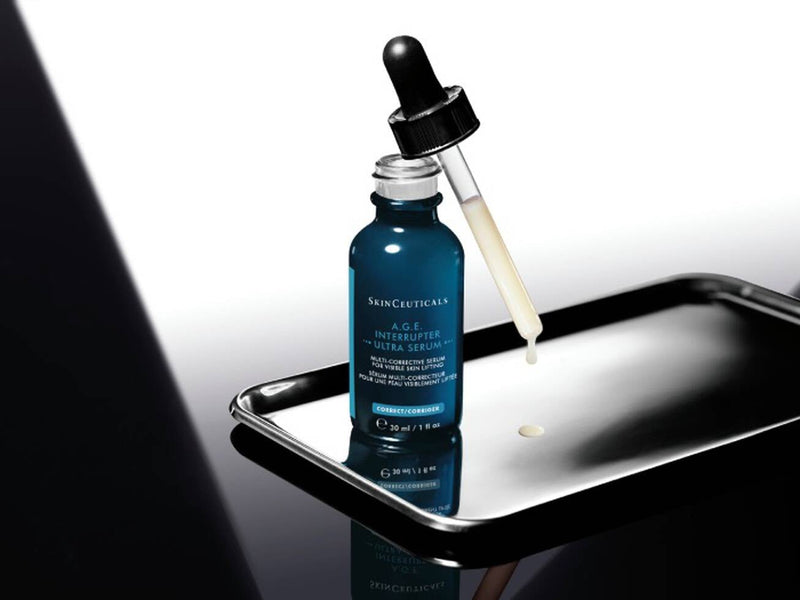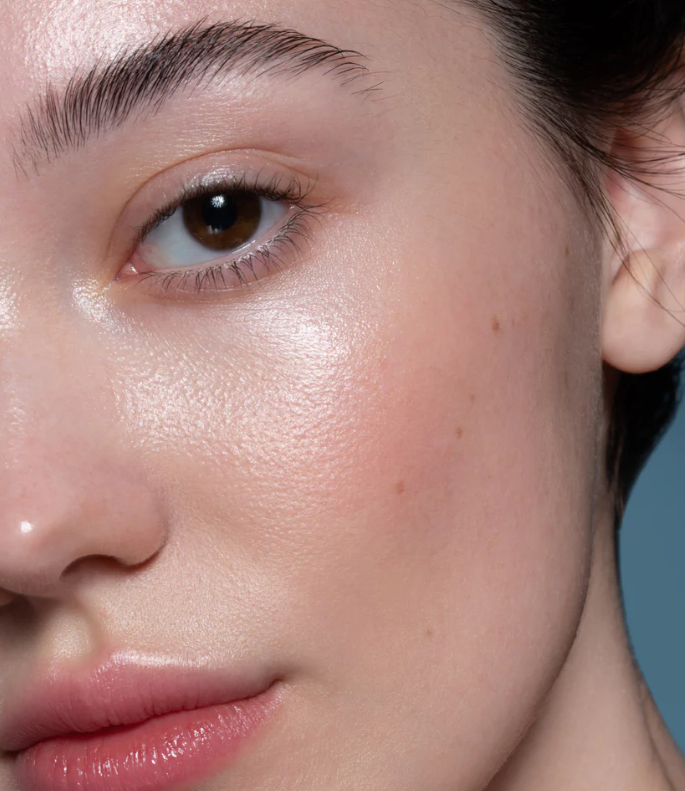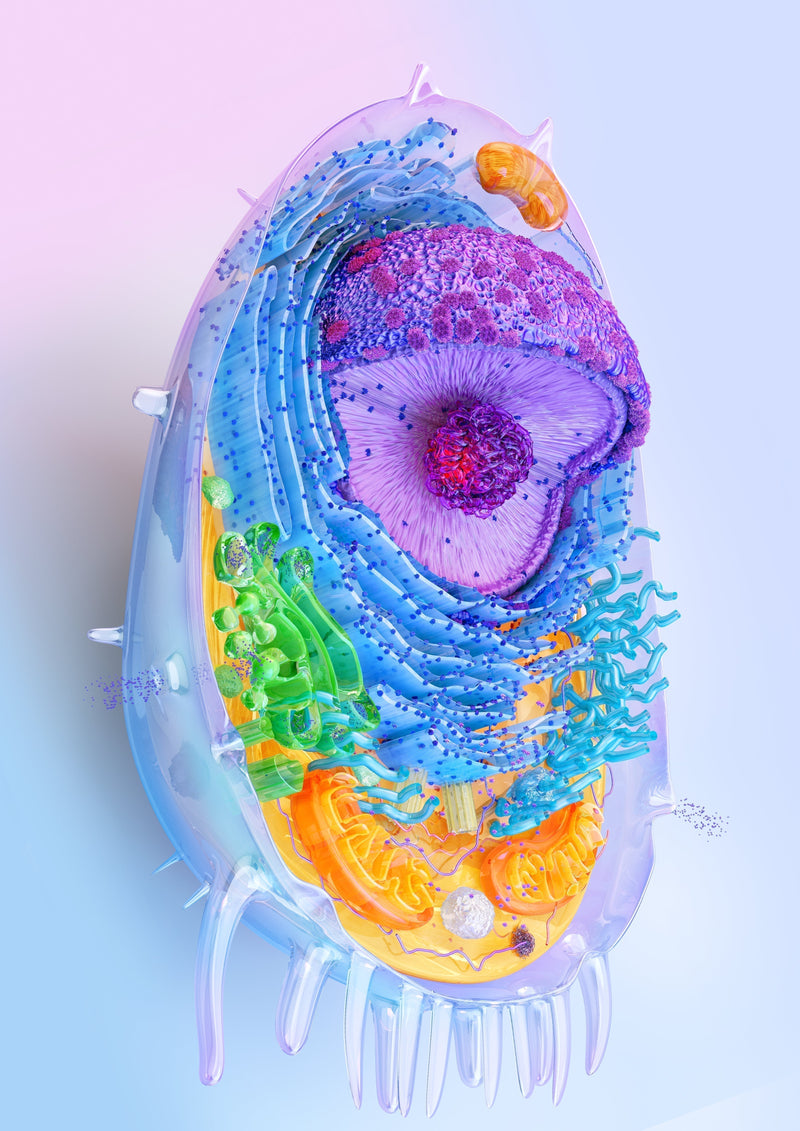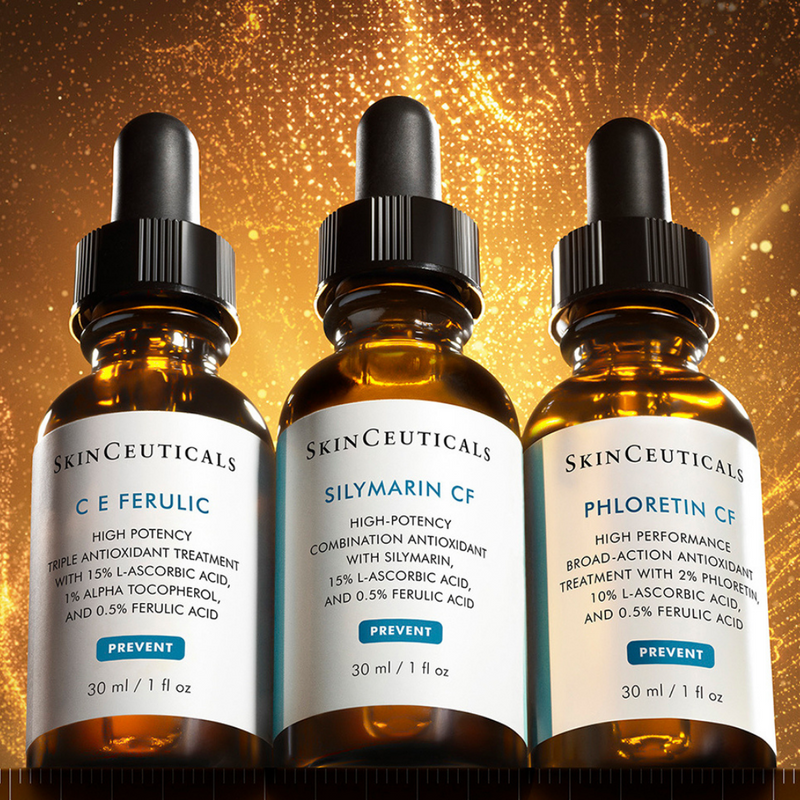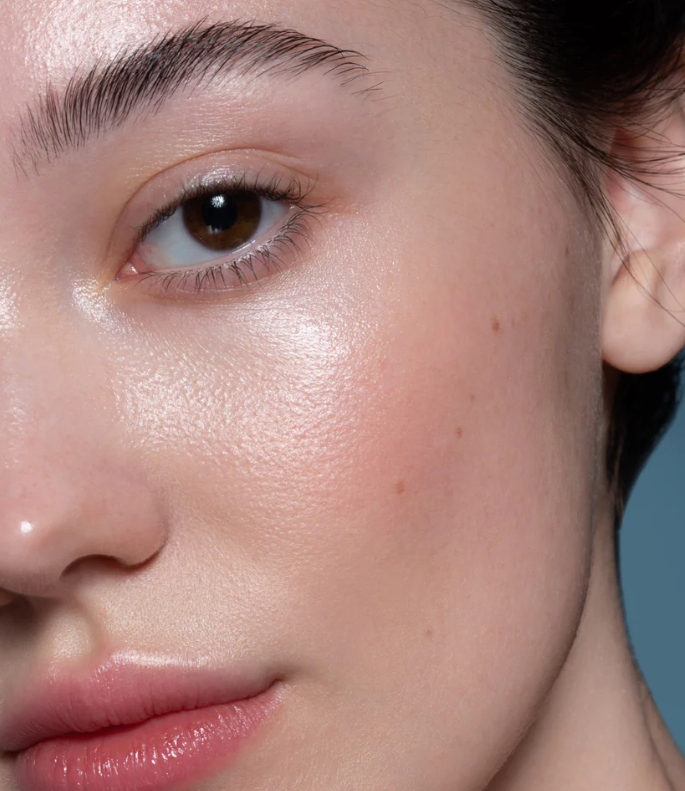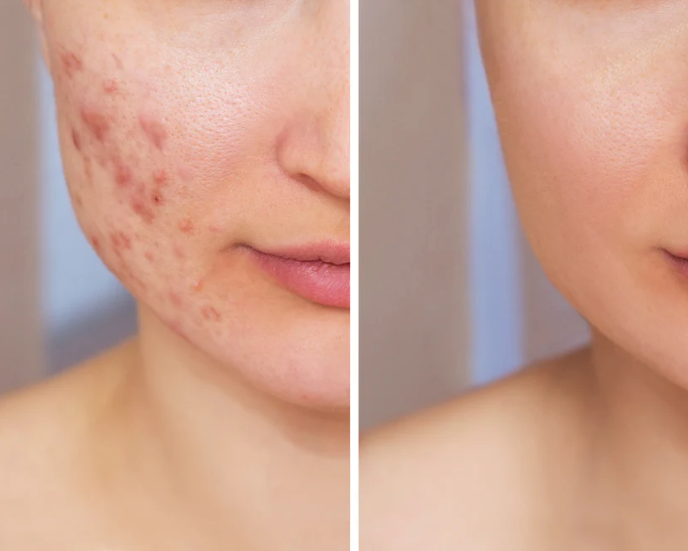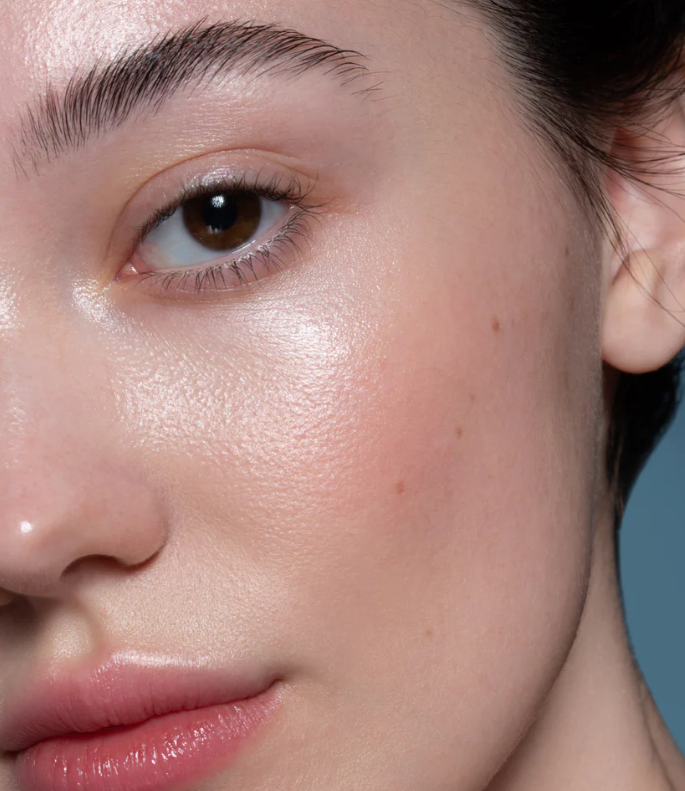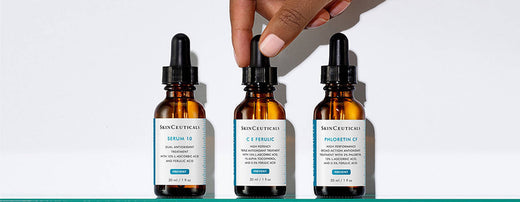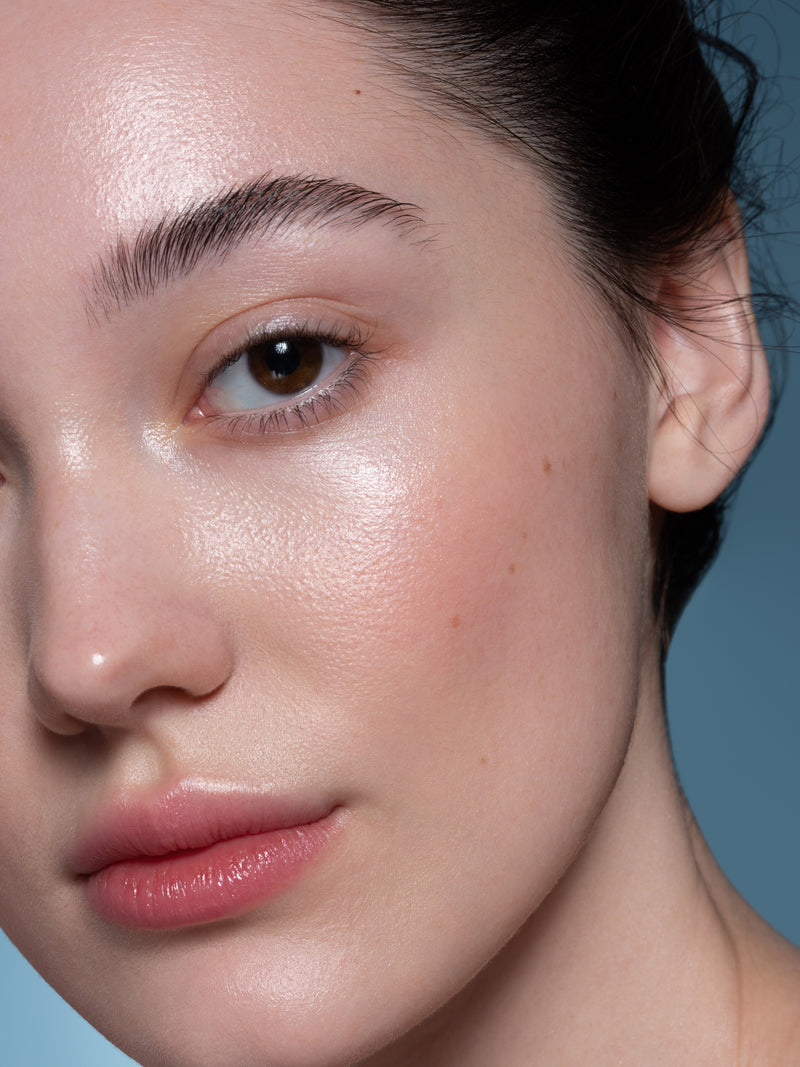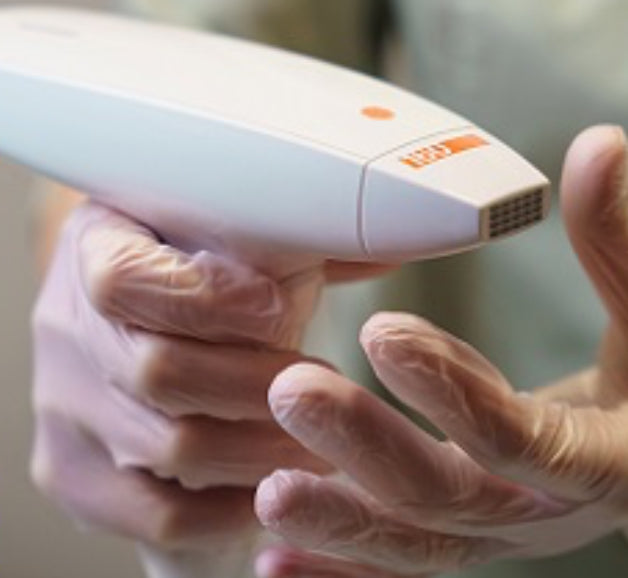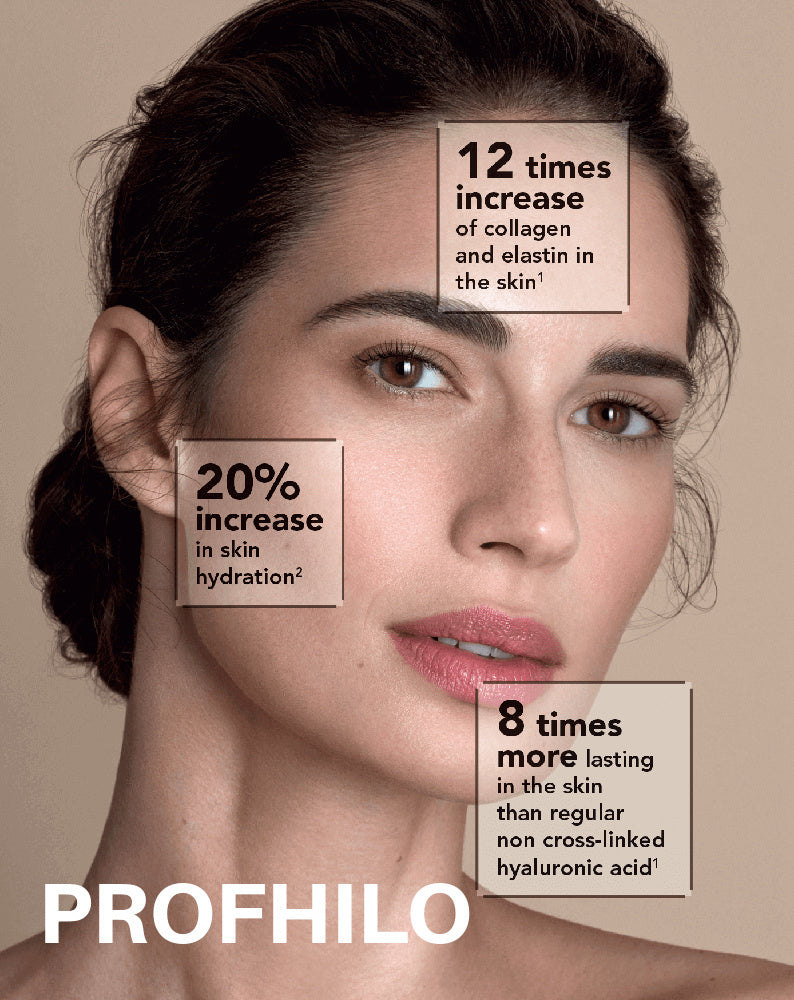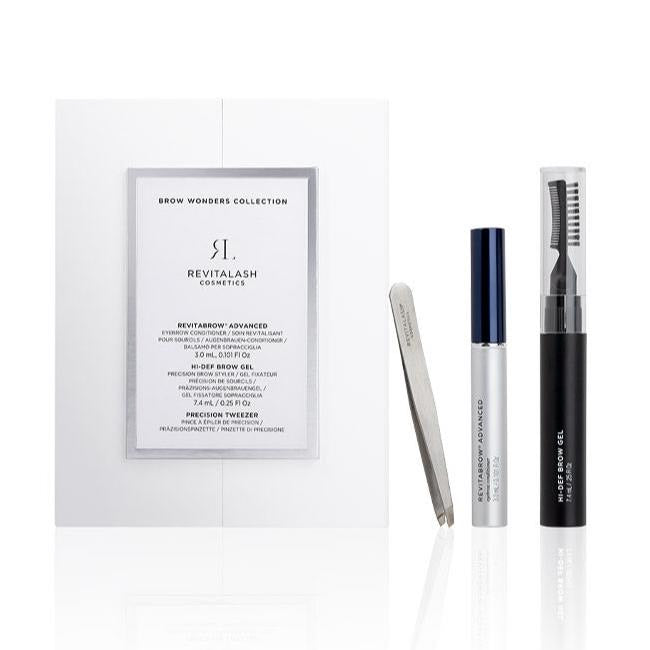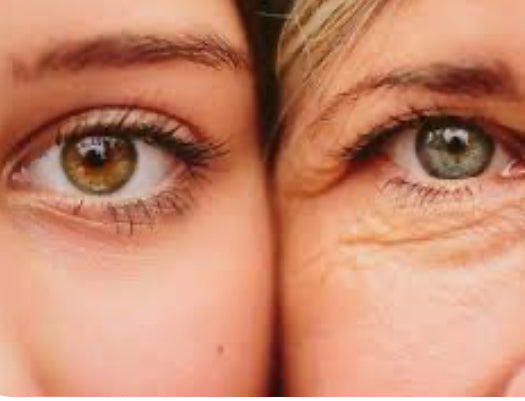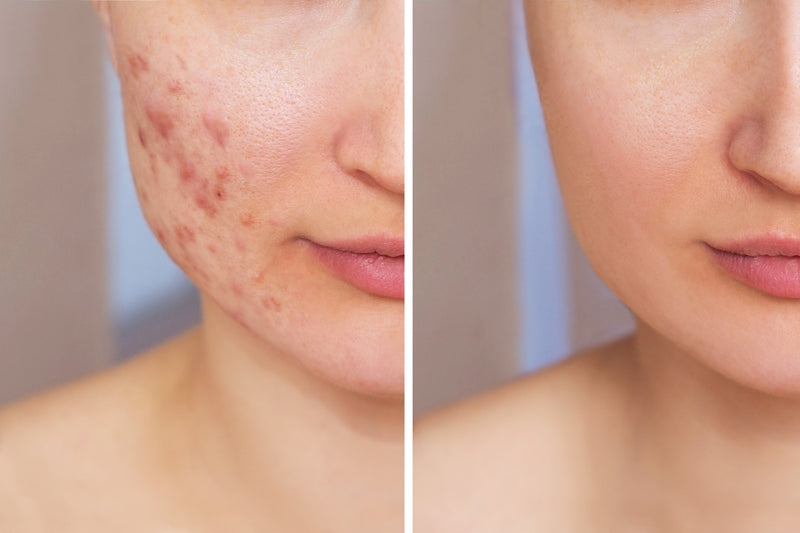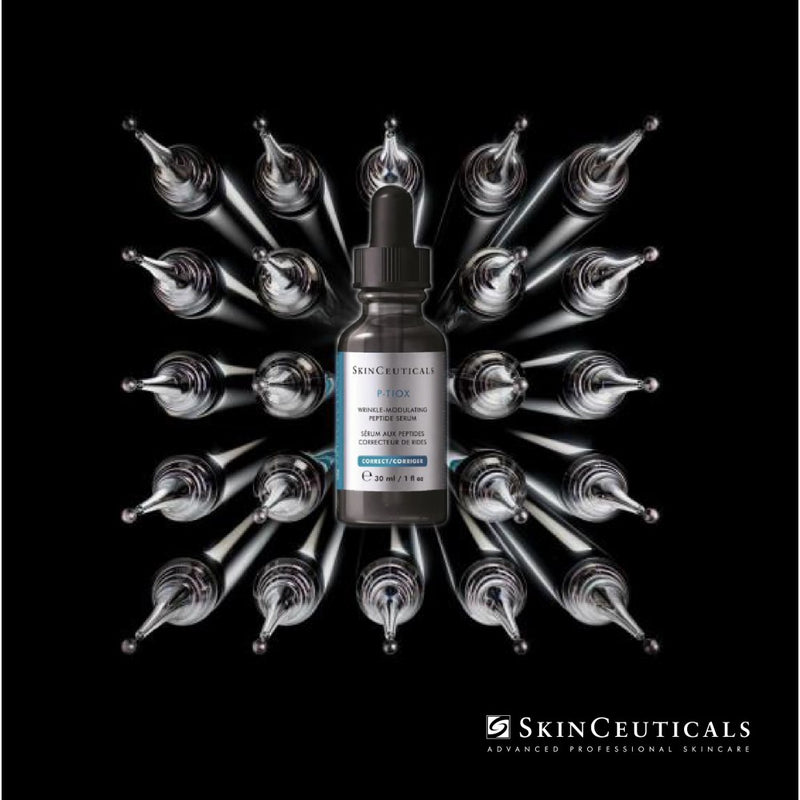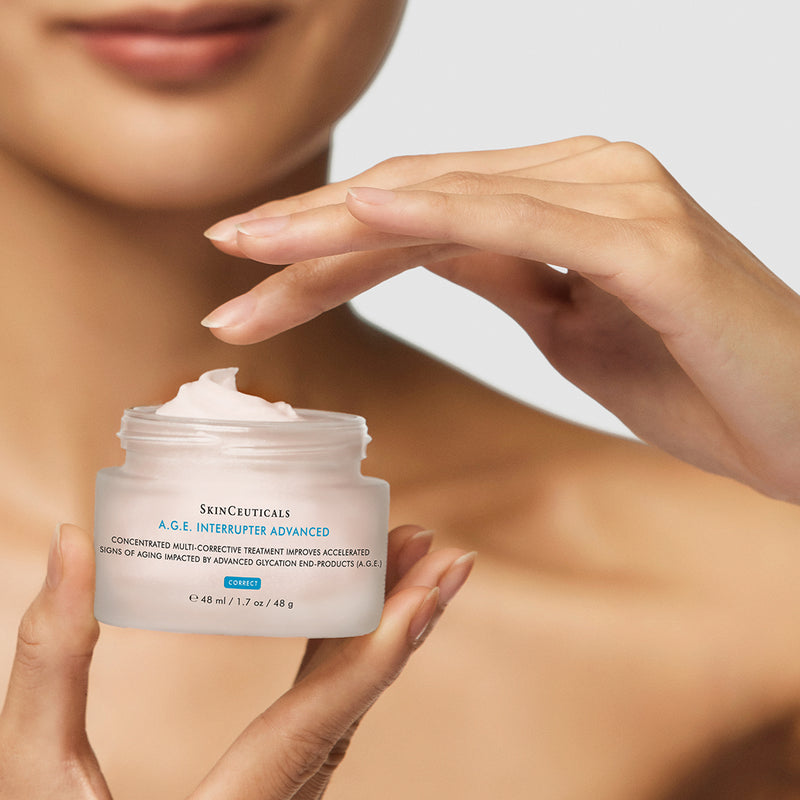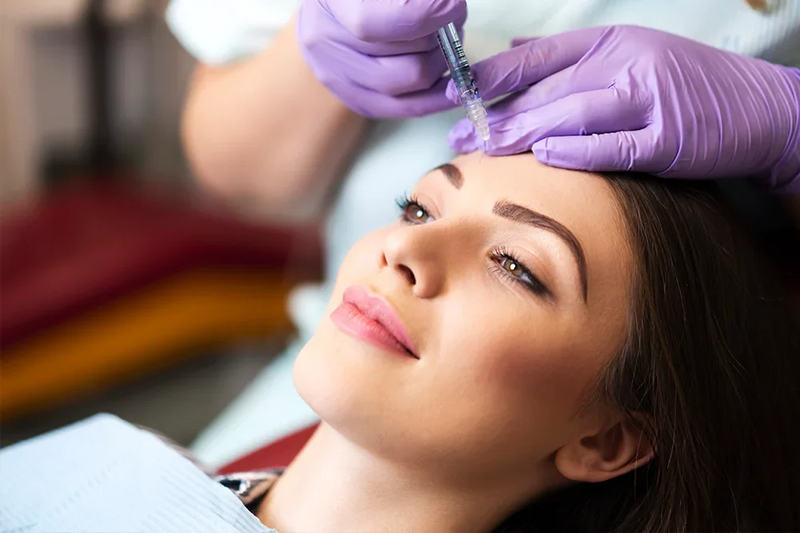Taking care of your skin is taking care of your health too, according to new research.
Did you know that skin is your body’s largest organ? In addition to being the physical barrier that protects you from external environmental toxins and stressors, skin is an active immune organ at the front line of your body’s defence.
New evidence suggests that as skin ages, it releases inflammatory chemicals that could drive the premature aging of other internal organs. So it turns out that taking care of your skin is not a merely cosmetic pursuit; instead, it is an important part of taking care of your overall health, and may be essential to fending off illness and disease.
From skin ageing to inflammation — scientists think mitochondria are to blame.
As we age, our skin is exposed to internal and external aggressors that cause it to degenerate, robbing it of the energy and the components it needs to maintain healthy function. This decline in skin health is marked by the accumulation of fine lines and wrinkles, uneven pigmentation and dark spots, and rough, thinning texture.
Ageing skin can no longer repair, restore, or defend itself as it once did, particularly if it has been exposed to excessive UV damage. As a result, the skin’s barrier and immune defences become compromised. Wounds are slower to heal, and the body becomes more vulnerable to infection. We also know that photoaged and aging skin is more prone to cancer. And as if that weren’t enough, new research suggests that ageing skin can also negatively impact the health of other organs.
Ageing skin may drive premature ageing of other organs and impact overall health.
As skin ages, cells experience mitochondrial dysfunction. This leads to the creation of senescent cells and the release of toxic inflammatory proteins which can impact other organs in the body.
These proteins, also known as senescence-associated secretory phenotype are at the root of inflammation, which is associated with cataracts, cancer, type 2 diabetes, osteoarthritis, Parkinson’s, and Alzheimer’s.
To better understand this connection, let’s take a step back and look at what happens inside cells as they age. In nearly all body cells, the mitochondria are the energy source for vital functions, including eliminating damaged cells (a process called mitophagy), and cellular renewal.
As skin ages the mitochondria in the cells wear out. Cellular energy is diminished, compromising healthy functions, including the capacity for renewal. Damaged cells that would normally be eliminated by apoptosis, or programmed cell death, remain. These dysfunctional cells are known as senescent cells. Numerous studies indicate that the accumulation of senescent cells is a direct result of mitochondrial dysfunction and a slowdown in mitophagy. Senescent cells are problematic because they release toxic inflammatory proteins known as senescence-associated secretory phenotypes infect surrounding cells and tissues, disrupting their healthy function as well.
The build up of senescent cells in the body and the presence of SASP negatively impact the immune system and cause inflammation. Inflammageing is chronic low-grade inflammation associated with various serious health conditions, including cataracts, cancer, type 2 diabetes, osteoarthritis, Parkinson’s, and Alzheimer’s.
New research shows that senescent cells in one tissue can damage cells in adjacent tissues, which is why some scientists now believe that skin ageing drives whole-body ageing. Since the skin covers the entire body, it’s easy to see how senescent cells in your largest organ can negatively impact overall health.
Taking care of your skin is taking care of your health.
What can be done to improve your skin health and prevent senescent cells from accumulating?
Mitochondrial dysfunction and a slowdown in mitophagy are closely linked with the creation of senescent cells. As a result, the key to preventing ageing skin from negatively impacting other organs is to maintain good mitochondrial health.
Science now suggests that supporting skin cellular health by re-energising the mitochondria could potentially delay senescence and its harmful effects.
Taking care of your skin is not just about reducing wrinkles and looking younger – it is an important part of supporting your overall health and longevity.
What can we do?
- Start with a healthy wholesome diet, such as the Mediterranean Diet
- Avoid excess UV exposure
- Get proper restful sleep
- Exercise in moderation
- Keep hydrated.
Skin Rejuvenation Treatments & Products have a significant impact on skin health too.
Retinol, antioxidants and some peptides may result in improvements in wrinkles. Products that contain alpha hydroxy acids — such as glycolic acid and lactic acid — all help remove the top layer of dead skin and stimulate new skin growth.
Treatments such as:
- Nano fractional RF
- Radiofrequency
- Peels
- Microneedling
Learn more and book one of these treatments today by clicking here.







